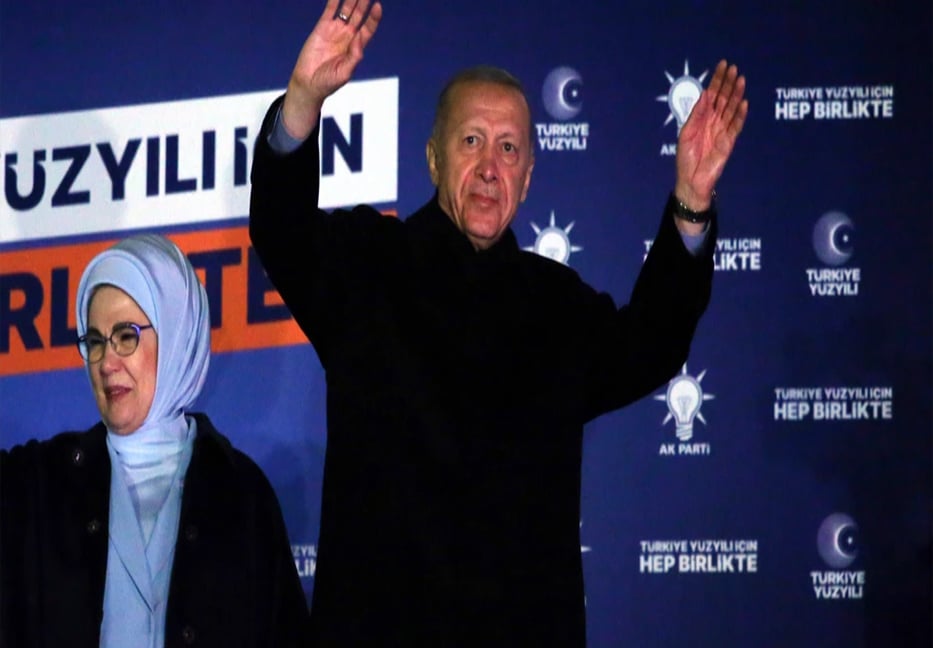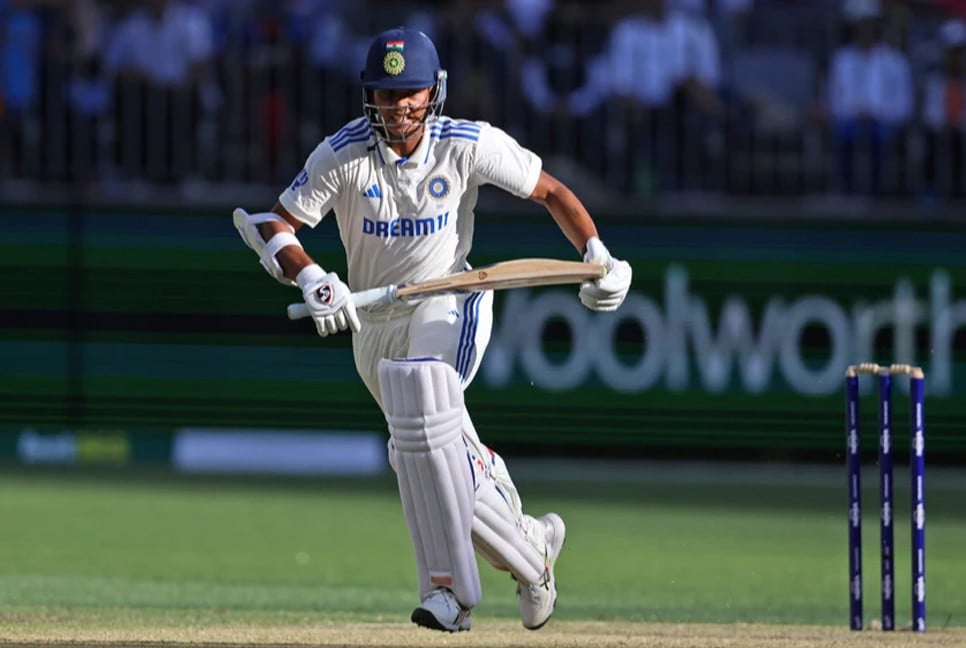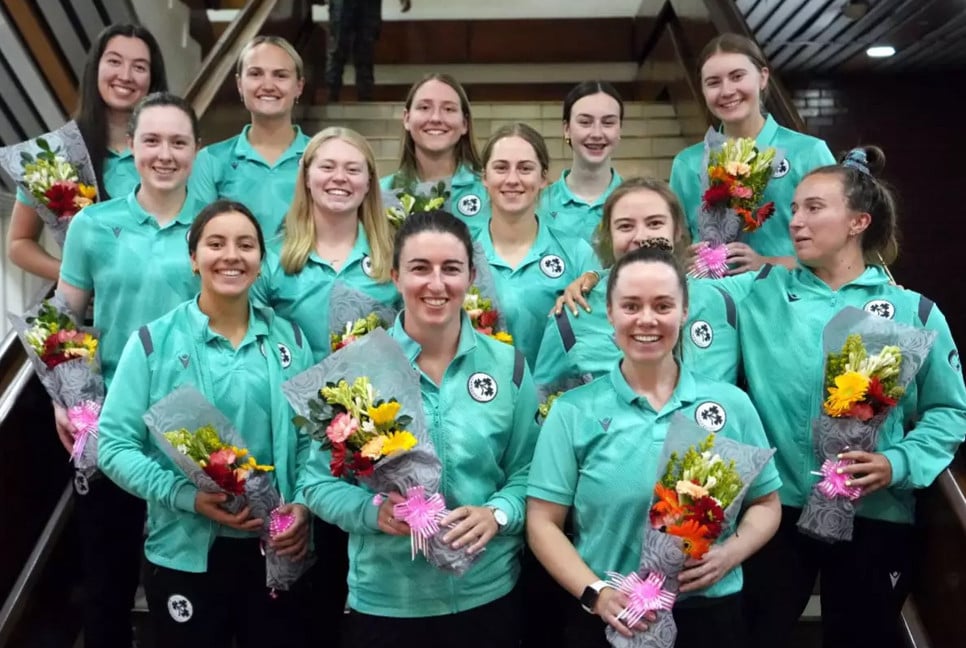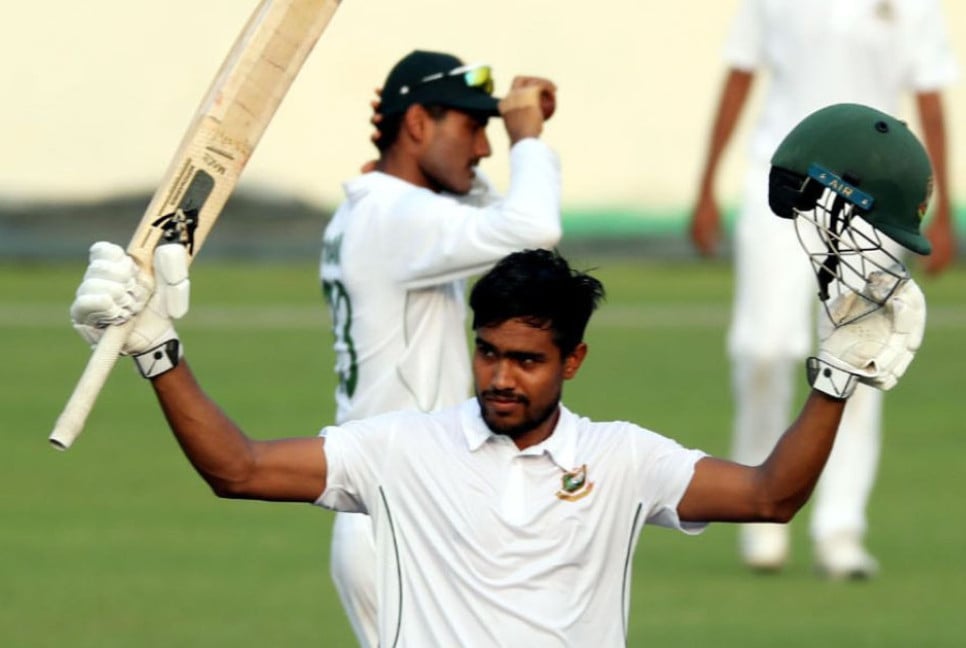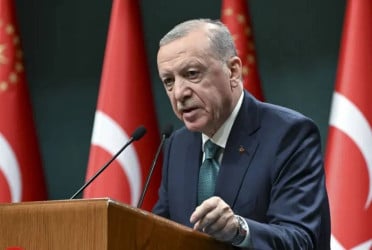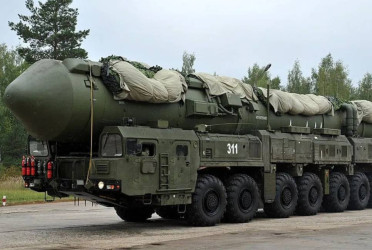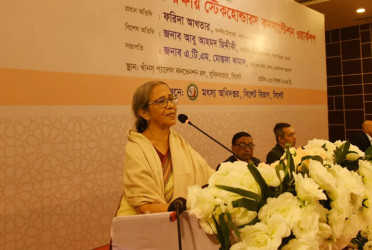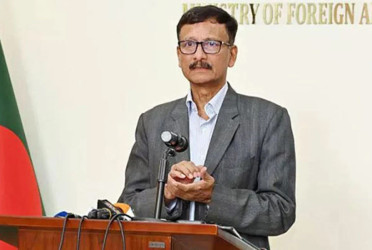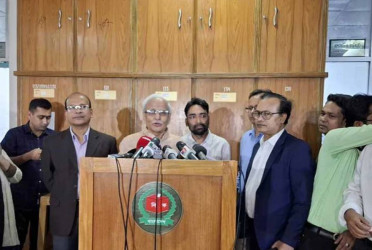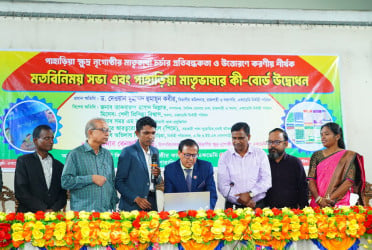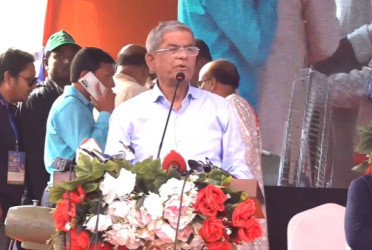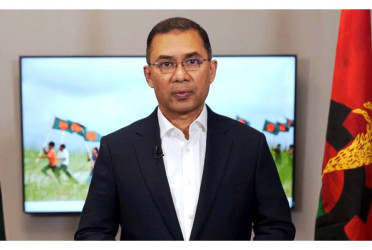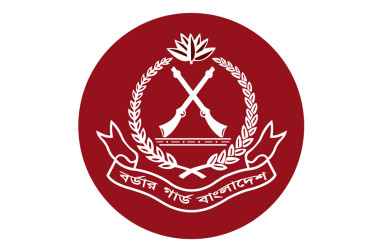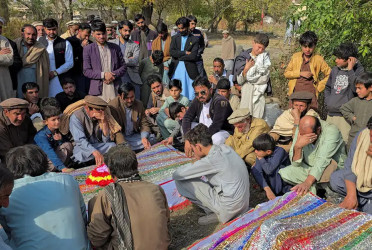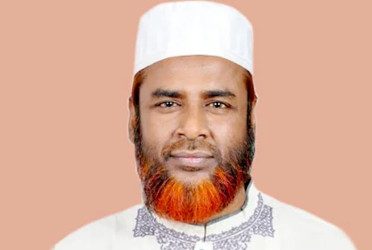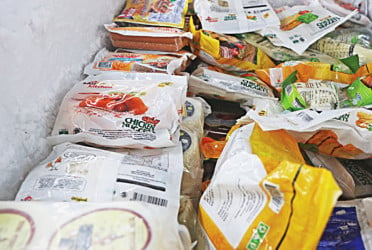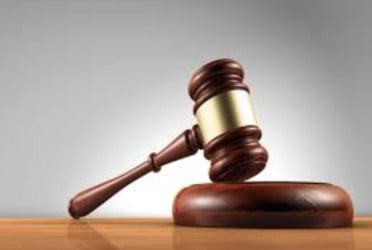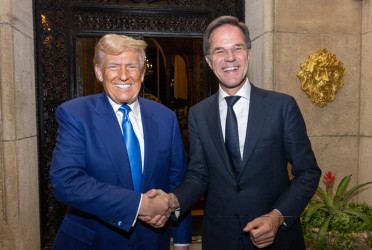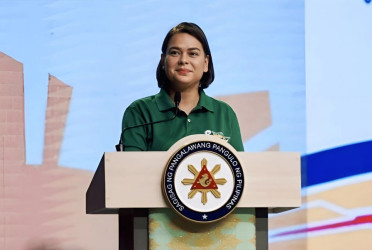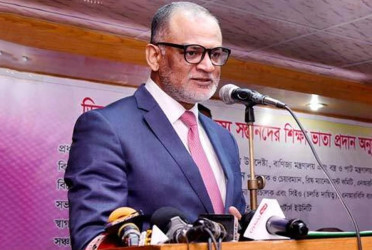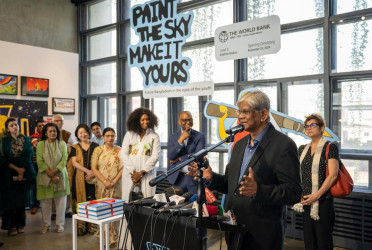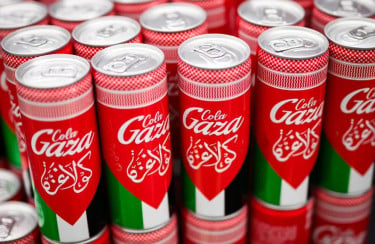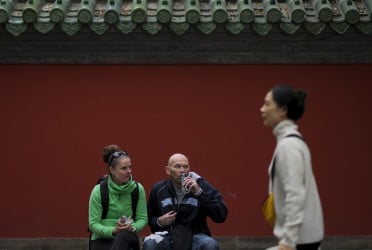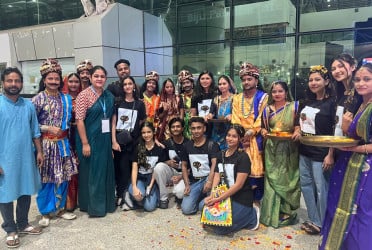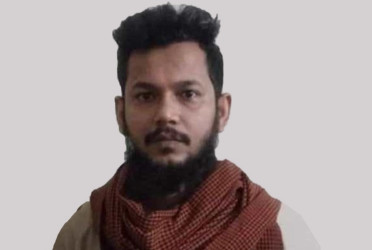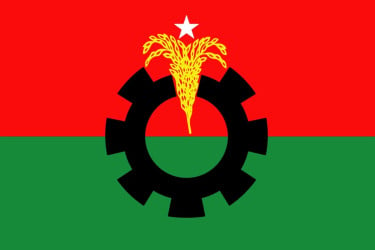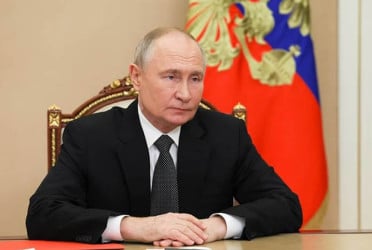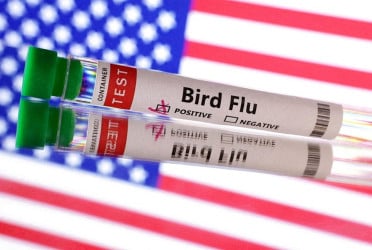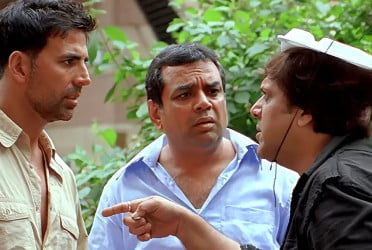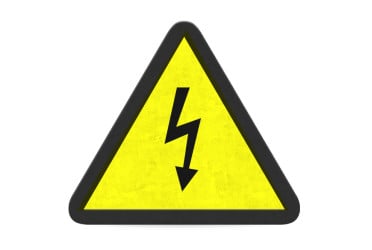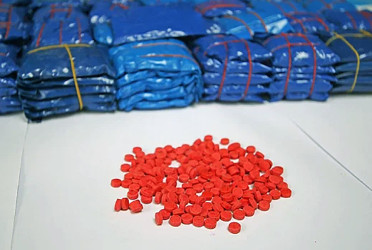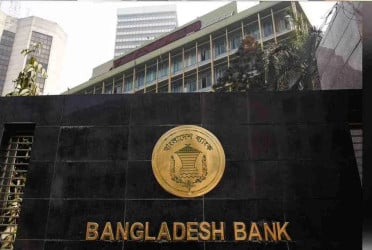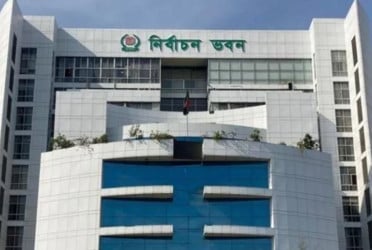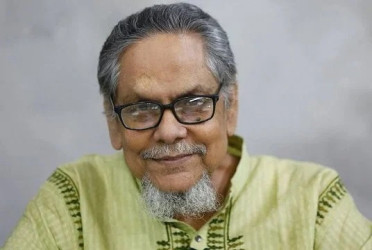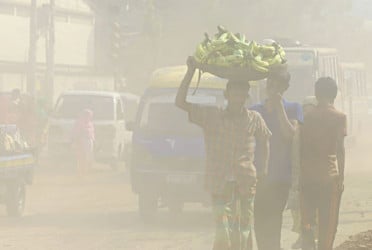Turkish President Recep Tayyip Erdogan, who has ruled his country with an increasingly firm grip for 20 years, was locked in a tight election race early Monday, with a make-or-break runoff against his chief challenger possible as the final votes were counted, reports AP.
The results, whether they come within days or after a second round of voting takes place in two weeks, will determine if a NATO ally that straddles Europe and Asia but borders Syria and Iran remains under Erdogan's control or resumes the more democratic path promised by his main rival, opposition leader Kemal Kilicdaroglu.
Speaking to supporters in Ankara, Erdogan, 69, said he could still win but would respect the nation's decision if the race went to a runoff vote in two weeks.
"We don't yet know if the elections ended in the first round. ... If our nation has chosen for a second round, that is also welcome," Erdogan said early Monday, noting that votes from Turkish citizens living abroad still need to be tallied. He garnered 60% of the overseas vote in 2018.
This year's election largely centered on domestic issues such as the economy, civil rights and a February earthquake that killed more than 50,000 people. But Western nations and foreign investors also awaited the outcome because of Erdogan's unorthodox leadership of the economy and often mercurial but successful efforts to put Turkey at the center of international negotiations.
With the unofficial count nearly completed, voter support for the incumbent had dipped below the majority required for him to win reelection outright. Erdogan had 49.3% of the vote, while Kilicdaroglu, had 45%, according to the state-run news agency Anadolu.
"We will absolutely win the second round ... and bring democracy" Kilicdaroglu, 74, the candidate of a six-party alliance, said, arguing that Erdogan had lost the trust of a nation now demanding change.
Turkey's election authority, the Supreme Electoral Board, said it was providing numbers to competing political parties "instantly" and would make the results public once the count was completed and finalized.
The majority of ballots from the 3.4 million eligible overseas voters still needed to be tallied, according to the board, and a May 28 runoff election was not assured.
Howard Eissenstat, an associate professor of Middle East history and politics at St. Lawrence University in New York, said Erdogan was likely to have an advantage in a runoff because the president's party was likely to do better in a parliamentary election also held Sunday. Voters would not want a "divided government," he said.
Erdogan has governed Turkey as either prime minister or president since 2003. In the run-up to the election, opinion surveys had indicated the increasingly authoritarian leader narrowly trailed his challenger.
With the partial results showing otherwise, members of Kilicdaroglu's center-left, pro-secular Republican People's Party, or CHP, disputed Anadolu's initial numbers, contending the state-run agency was biased in Erodgan's favor.
Omer Celik, a spokesperson for Erdogan's Justice and Development, or AK, party, in turn accused the opposition of "an attempt to assassinate the national will." He called the opposition claims "irresponsible."
While Erdogan hopes to win a five-year term that would take him well into his third decade as Turkey's leader, Kilicdaroglu campaigned on promises to reverse crackdowns on free speech and other forms of democratic backsliding, as well as to repair an economy battered by high inflation and currency devaluation.
Voters also elected lawmakers to fill Turkey's 600-seat parliament, which lost much of its legislative power after a referendum to change the country's system of governance to an executive presidency narrowly passed in 2017.
Anadolu news agency said Erdogan's ruling party alliance was hovering around 49.3%, while Kilicdaroglu's Nation Alliance had around 35.2% and support for a pro-Kurdish party stood above 10%.
"That the election results have not been finalized doesn't change the fact that the nation has chosen us," Erdogan said.
More than 64 million people, including the overseas voters, were eligible to vote and nearly 89% voted. This year marks 100 years since Turkey's establishment as a republic — a modern, secular state born on the ashes of the Ottoman Empire.
Voter turnout in Turkey is traditionally strong, despite the government suppressing freedom of expression and assembly over the years and especially since a 2016 coup attempt. Erdogan blamed the failed coup on followers of a former ally, cleric Fethullah Gulen, and initiated a large-scale crackdown on civil servants with alleged links to Gulen and on pro-Kurdish politicians.
Internationally, the elections were seen as a test of a united opposition's ability to dislodge a leader who has concentrated nearly all state powers in his hands and worked to wield more influence on the world stage.
Erdogan, along with the United Nations, helped mediate a deal with Ukraine and Russia that allowed Ukrainian grain to reach the rest of the world from Black Sea ports despite Russia's war in Ukraine. The agreement, which is implemented by a center based in Istanbul, is set to expire in days, and Turkey hosted talks last week to keep it alive.
But Erdogan also has held up Sweden's quest to join NATO while demanding concessions, contending that nation was too lenient on followers of the U.S. based cleric and members of pro-Kurdish groups that Turkey considers national security threats.
Critics maintain the president's heavy-handed style is responsible for a painful cost-of-living crisis. The latest official statistics put inflation at about 44%, down from a high of around 86%. The price of vegetables became a campaign issue for the opposition, which used an onion as a symbol.
In contrast with mainstream economic thinking, Erdogan contends that high interest rates fuel inflation, and he pressured the Central Bank of the Republic of Turkey to lower its main rate multiple times.
Bd-pratidin English/Lutful Hoque

